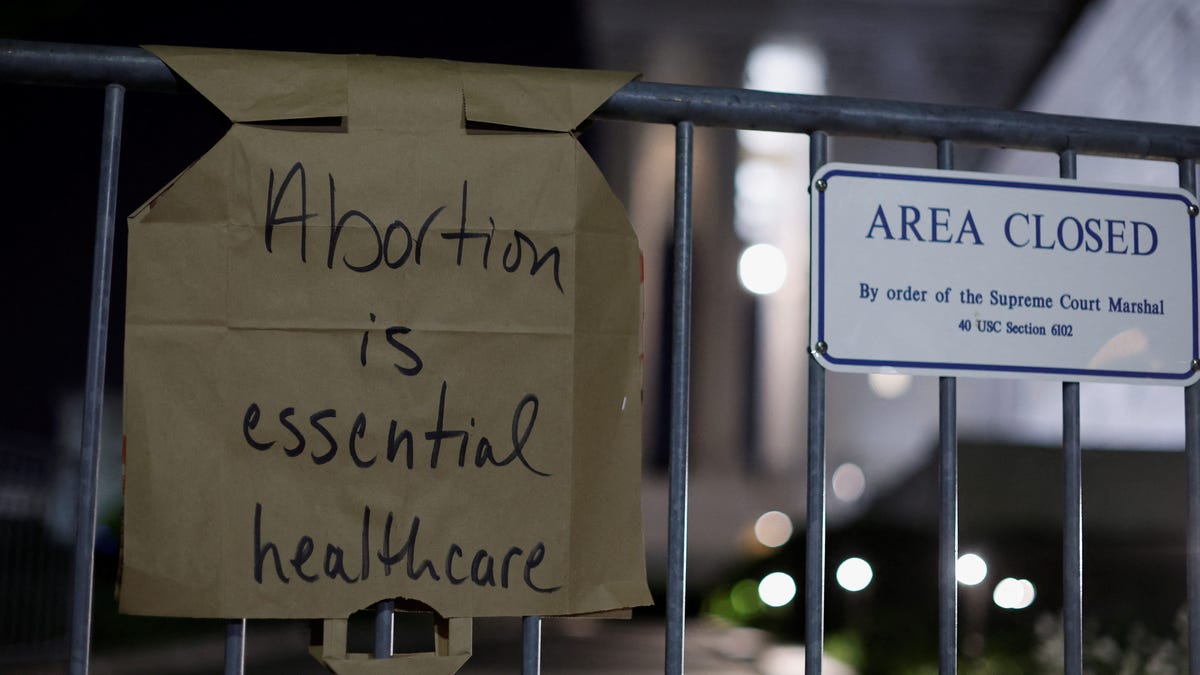- Joined
- Jun 22, 2019
- Messages
- 17,155
- Reaction score
- 15,094
- Location
- Oregon's High Desert
- Gender
- Undisclosed
- Political Leaning
- Undisclosed
Roe was decided on the 4th Amendment protection of personal privacy, not on the legality of abortion. Overturning Roe means there is no personal privacy for matters concerning sex, sexuality and reproduction. If abortion bans, sodomy laws, contraception bans, gay marriage prohibitions, laws against homosexuality and miscegenation laws are re-criminalized by reinstating them then the 4th Amendment no longer protects against search and seizure.Not really…book censorship doesn’t fit…neither do medical records…neither do personal writings and papers…nor religious and political criticism and action. Why? Because they are protected by entirely different parts of the Constitution. Well, thus far half your list isn’t applicable.
Amendment IV
The right of the people to be secure in their persons, houses, papers, and effects, against unreasonable searches and seizures, shall not be violated, and no warrants shall issue, but upon probable cause, supported by oath or affirmation, and particularly describing the place to be searched, and the persons or things to be seized.
What Does the Fourth Amendment Mean?
"The Constitution, through the Fourth Amendment, protects people from unreasonable searches and seizures by the government. The Fourth Amendment, however, is not a guarantee against all searches and seizures, but only those that are deemed unreasonable under the law.
Whether a particular type of search is considered reasonable in the eyes of the law, is determined by balancing two important interests. On one side of the scale is the intrusion on an individual's Fourth Amendment rights. On the other side of the scale are legitimate government interests, such as public safety.
The extent to which an individual is protected by the Fourth Amendment depends, in part, on the location of the search or seizure. Minnesota v. Carter, 525 U.S. 83 (1998).
Home
Searches and seizures inside a home without a warrant are presumptively unreasonable.
Payton v. New York, 445 U.S. 573 (1980).
However, there are some exceptions. A warrantless search may be lawful:
If an officer is given consent to search; Davis v. United States, 328 U.S. 582 (1946)
If the search is incident to a lawful arrest; United States v. Robinson, 414 U.S. 218 (1973)
If there is probable cause to search and exigent circumstances; Payton v. New York, 445 U.S. 573 (1980)
If the items are in plain view; Maryland v. Macon, 472 U.S. 463 (1985).
A Person
When an officer observes unusual conduct which leads him reasonably to conclude that criminal activity may be afoot, the officer may briefly stop the suspicious person and make reasonable inquiries aimed at confirming or dispelling the officer's suspicions.
Terry v. Ohio, 392 U.S. 1 (1968)
Minnesota v. Dickerson, 508 U.S. 366 (1993)
Schools
School officials need not obtain a warrant before searching a student who is under their authority; rather, a search of a student need only be reasonable under all the circumstances.
New Jersey v. TLO, 469 U.S. 325 (1985)
Cars
Where there is probable cause to believe that a vehicle contains evidence of a criminal activity, an officer may lawfully search any area of the vehicle in which the evidence might be found.
Arizona v. Gant, 129 S. Ct. 1710 (2009),
https://www.uscourts.gov/about-fede...ional-outreach/activity-resources/what-does-0"
In other words, if the activity has been criminalized then the 4th Amendment doesn't protect you or your private papers, that would include medical, pharmaceutical, mail-tracking records, library cards, for starters.
Overturning Roe is only the beginning.





